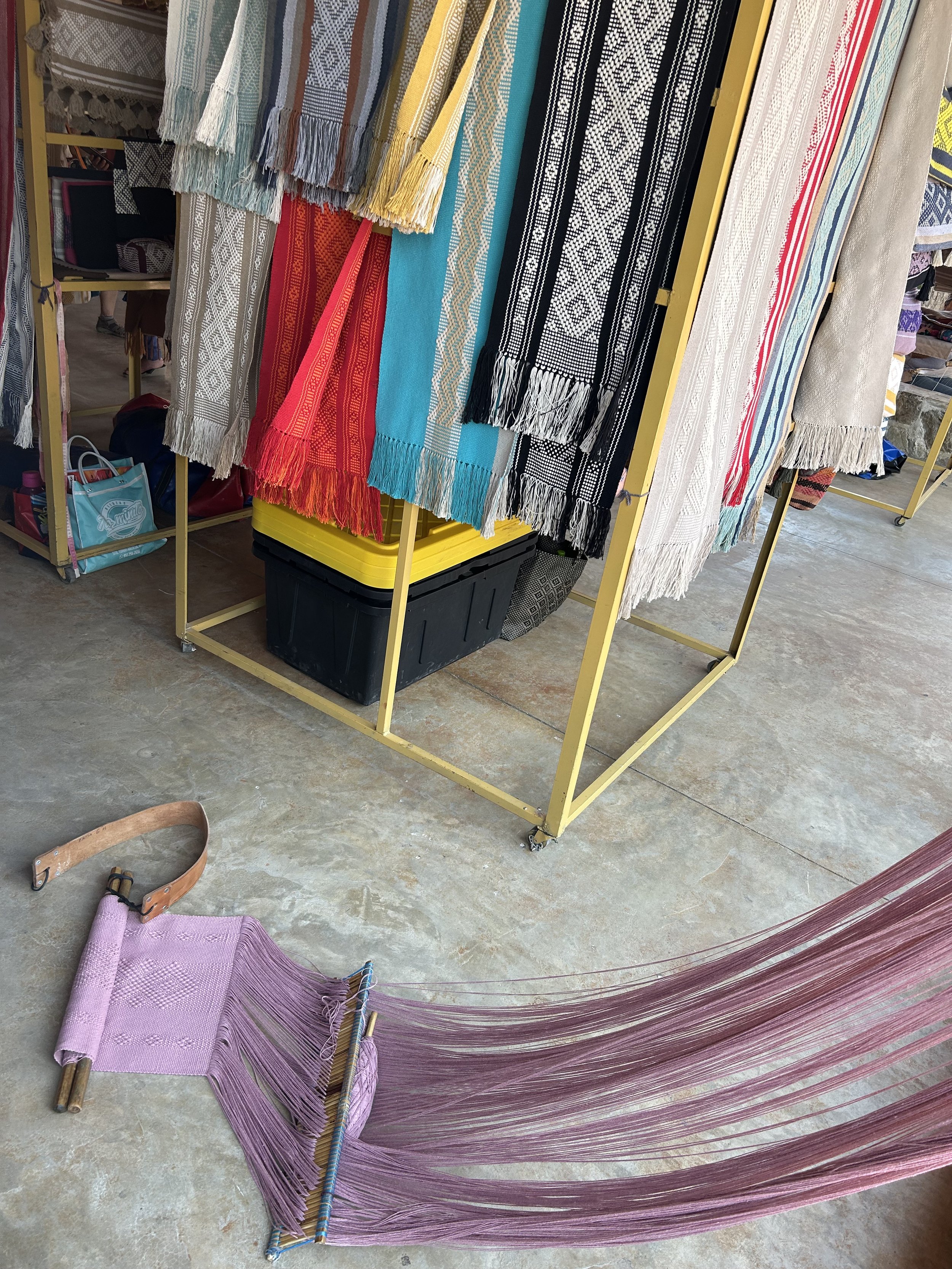
What is Language Justice?
Language justice is about shifting the power. It is about decolonizing communication, knowledge, leadership, and spaces; knocking down systemic structures that block access to information, resources, services, and opportunities to participate for those who do not speak the “dominant” language.
Language colors the spectrum of humanity. It shapes how we move through and experience the world around us. Language connects us, but it can also be a tool that divides us.
By dismantling language barriers and making inclusive, multilingual spaces in communities, organizations, and movements more available and accessible, we recognize that every individual has distinct, valuable experiences to share – something that is foundational to any cross-cultural or social justice-related work.
Racial and social justice cannot be fully exercised without language justice.
________________________
“We dream in language, we sing in language, we think in language. It is language that makes our lullabies, our stories, our jokes. We use language to name our food, our hometowns, our family members, our friends, ourselves. Language is personal, visceral, and powerful; it is tied to our lands, to our bodies, to our relationships, and to our knowledge.”
– Antena Aire, a language justice and language experimentation collaborative
________________________
Practicing language justice means honoring every individual’s fundamental right to express, understand, and be understood in the language that makes them feel the most seen, heard, and powerful.
Organizations that invest in language justice are expanding their ability to connect, reach wider communities, and make a deeper impact. Multilingual, inclusive spaces are vital for building strong, sustainable movements for racial and social justice. We must recognize the political implications of language and language access in order to break down language barriers and equalize power.
Let’s work towards building a world where interpretation and translation services are recognized and valued as necessary tools to open up communication; a world where one language does not dominate, but rather a spectrum of languages – including signed languages – could thrive together in harmony.
Note: Language is dynamic. It is constantly evolving to reflect the continuum of changes in our society, culture, and experiences. As such, we acknowledge that language justice is also an evolving framework, process, and ongoing exercise of practicing equitable communication.
“Nuestros tejidos son los libros que la colonia no pudo quemar”.
“Our textiles are the books that the colonies could not burn.”
Photos by Liliana Herrera -Oaxaca, México
Get in touch.
Whether you are hosting an event, coordinating outreach or publicity in communities, or leading an organization, let’s partner to build truly multilingual, inclusive spaces that speak to your community and constituents.